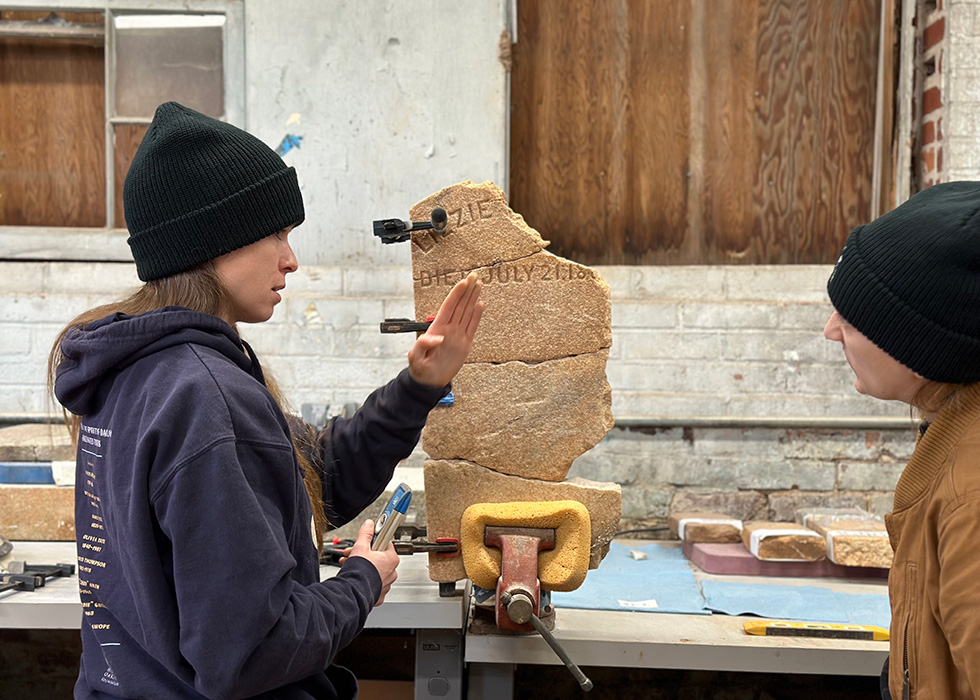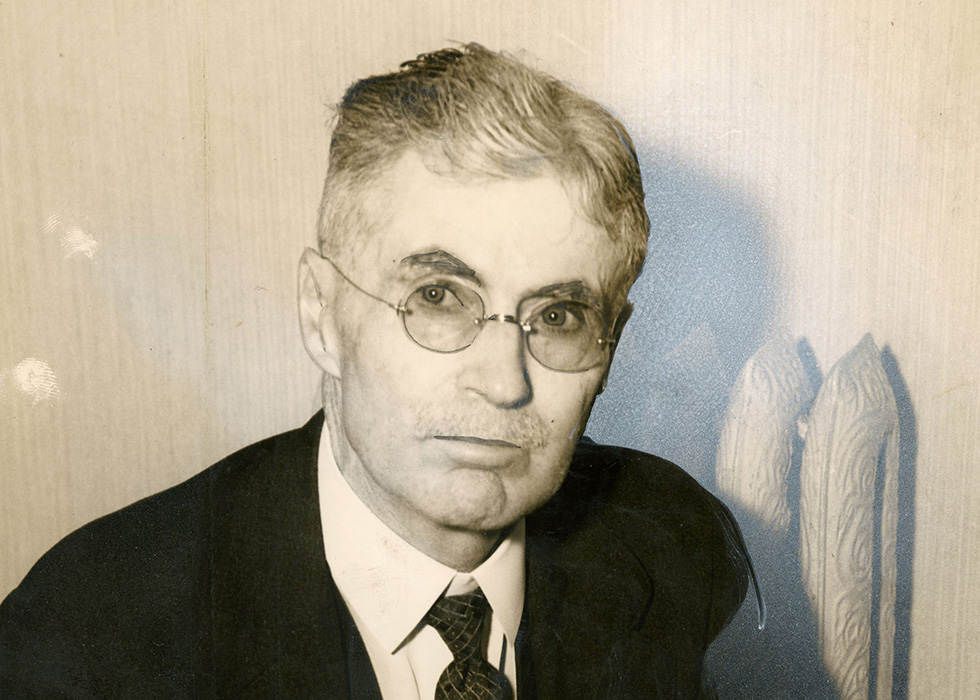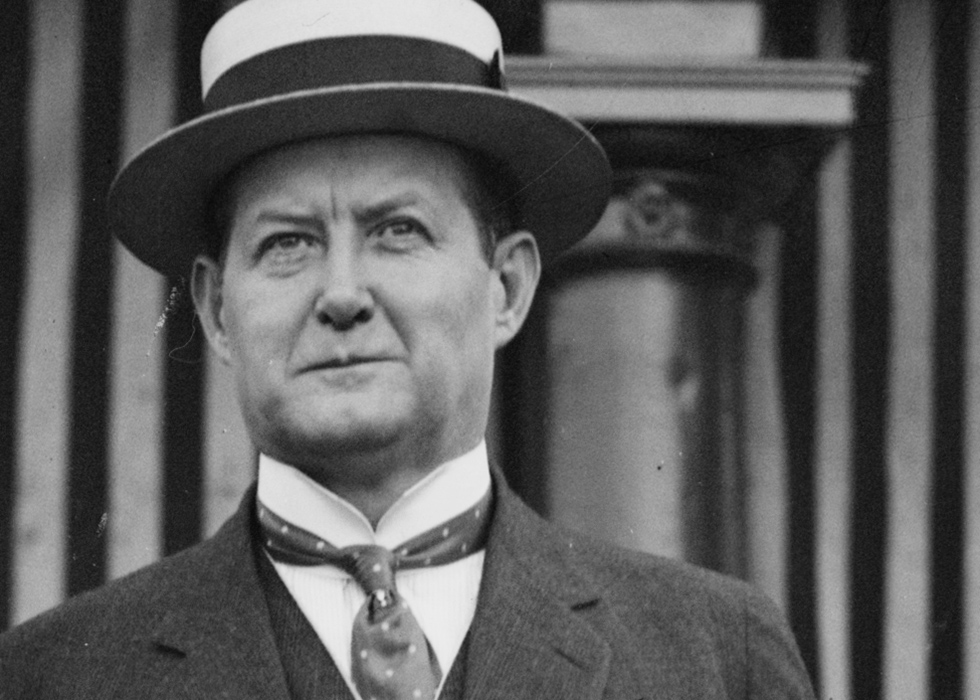
Moses Formwalt: Mayor, Saloon Owner, Atlanta’s Rowdiest Citizen

The first tavern in the area that would become Atlanta was Whitehall Tavern. Located near the present-day intersection of Lee Street and Ralph David Abernathy Boulevard, the tavern served food and drinks to travelers and settlers. Whitehall Tavern was also an inn, a stagecoach stop, and a post office.
The number of taverns increased as Atlanta transformed from the terminus point of the Western and Atlantic Railroad into a fast-growing town. Moses Formwalt opened one of Atlanta’s first saloons in 1847. If you walked into an early saloon, you would see a single long bar counter. The bar did not have seats, but usually had a brass rail to lean a foot on and spittoons. Formwalt’s saloon was very popular and more drinking establishments soon opened. By 1850, the year Oakland Cemetery was founded, there were nearly 2,800 people living in Atlanta and more than 40 saloons. That’s one saloon for every 70 people! Decatur Street, from Pryor to Hill street, was Atlanta’s first saloon row.

Born in Tennessee, Moses Formwalt moved to Atlanta and opened up a tin shop on Decatur Street. One of his most popular products was a still used to produce liquor. After Formwalt opened his saloon, he ran in the first city election.
Can you guess the first two political parties in Atlanta? If you guessed the Free and Rowdy Party and the Moral Party, then you’re right. The Free and Rowdy party was sympathetic to the saloon business and lenient on gambling and prostitution. Party members were known as “Rowdies” and included owners of distilleries, brothels, and saloons. In direct opposition stood the Morals, who favored order and temperance.
Moses Formwalt received a majority of the 215 votes cast and was elected mayor over Moral party candidate Jonathan Norcross. But the election wasn’t easy; more than 60 fights broke out around the city. Formwalt completed his one-year term and the next two elections were won by Rowdies, Benjamin Bomar and Willis Buell.
Formwalt became deputy sheriff of DeKalb County after his mayoral term ended. In May 1852, he was escorting a prisoner to the courthouse when the prisoner pulled a knife and stabbed Formwalt to death. He was buried at Oakland and moved to his final resting place near the Bell Tower building in the early 20th century.




